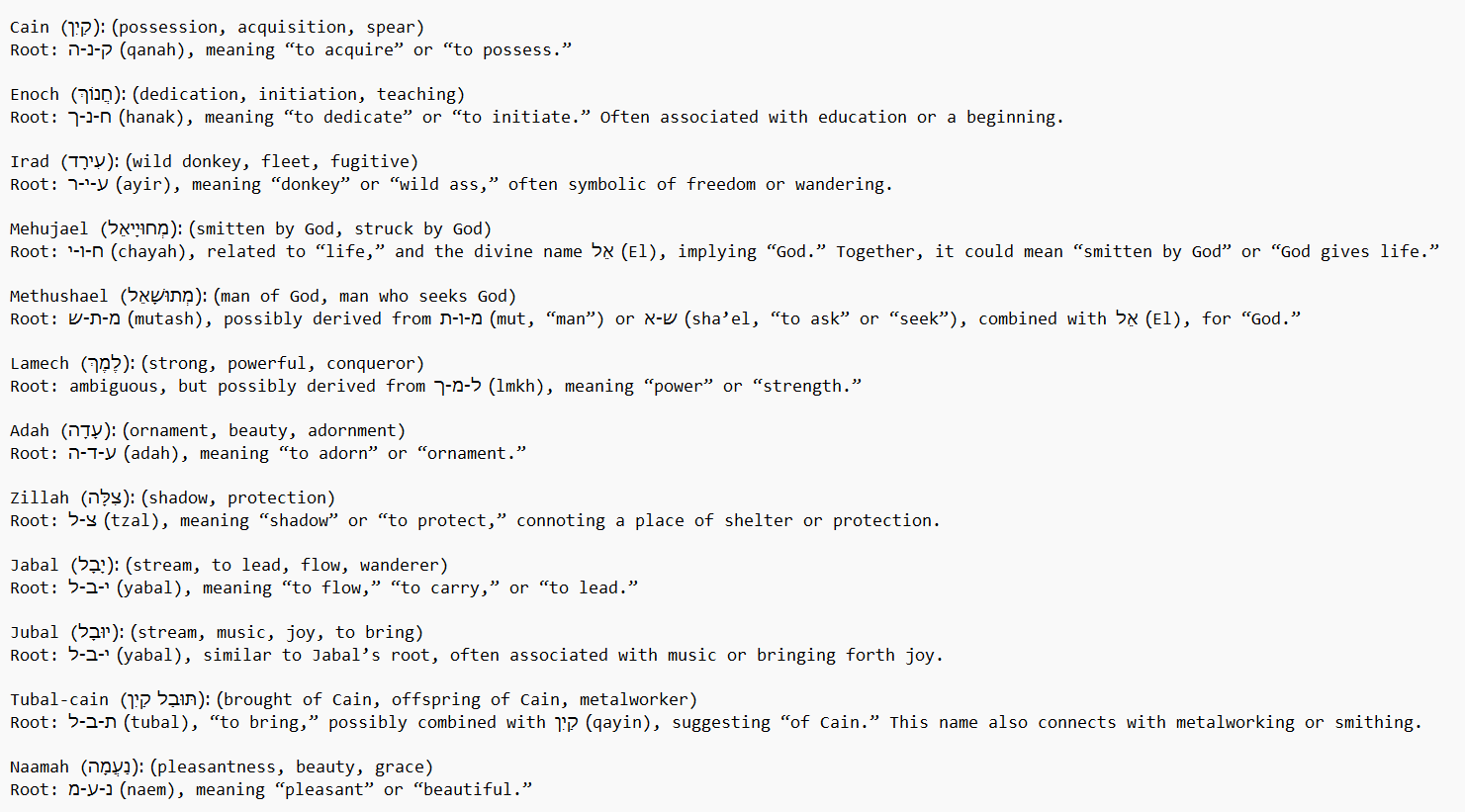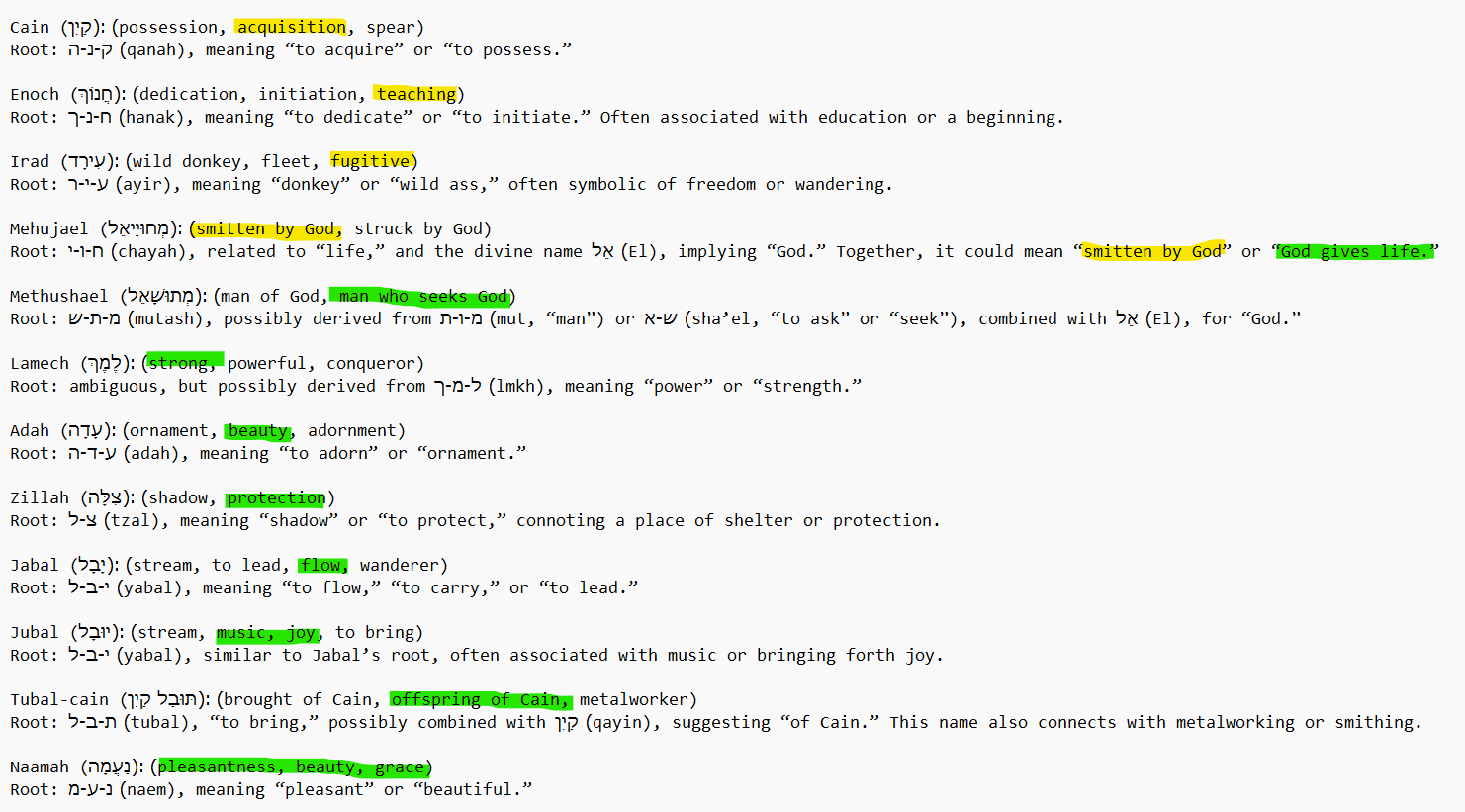Now all the wells which his father’s servants had dug in the days of his father Abraham, the Philistines stopped up by filling them with dirt.
Genesis 26:15 (NASB)
One rabbinical teaching: a well is a metaphor for the heart. Abraham digging wells is an allegory of God’s living water flowing within us when one is converted by God into belief.
The Philistines filled the wells with worldliness; dirt is cursed ground.
Then Isaac dug again the wells of water which had been dug in the days of his father Abraham, for the Philistines had stopped them up after the death of Abraham; and he gave them the same names which his father had given them.
Genesis 26:18 (NASB)
When Isaac digs the wells, he digs up the same ones that his father had already dug, and gives them the same names that his father did so the same living water could flow.
Isaac resembles Abraham, doing the work of his father so his father’s work is remembered.


